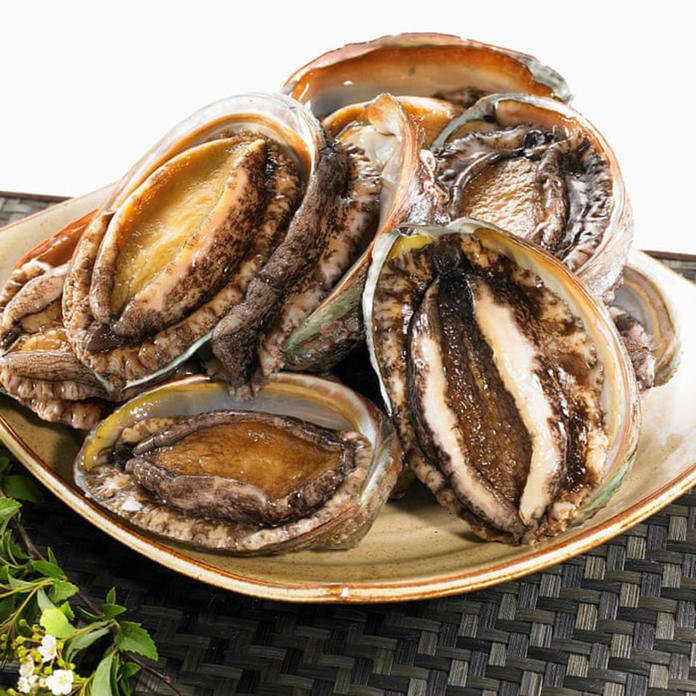The year ahead might see some big splashes in the local aquaculture segment.
The past year saw a spate of activity with Premier Fishing & Brands putting finishing touches to its expansion plans for its Gansbaai abalone farm and AVI-controlled I&J pushing production at its Danger Point abalone facility.
Sea Harvest got firmly behind Viking Fishing’s diversified aquaculture operations, and Abagold made great strides in rebuilding its business after the devastating red tide incident in early 2018.
But perhaps the most intriguing development transpired just before year end when the Agri-Vie Fund I, the Africa food and agribusiness investment fund managed by the pan-African private equity investment firm, Exeo Capital – sold its interest in the well-established aquaculture venture, HIK Abalone Farm (HIK).
The partnership vastly expanded the HIK operation, presumably allowing Agri-Vie a rather nifty exit price.
Agri-Vie’s stake was sold to Port Elizabeth-based empowerment group African Pioneer Group, which already controls Pioneer Fishing.
Exeo Capital partner Izak Strauss reminded that the decision to invest in HIK was based on a number of factors. “With the ocean’s natural resources coming under increasing pressure, we have long had a keen interest in investing in good, viable aquaculture projects.”
HIK was founded in the late nineties in Hermanus.
“Most of their income was dollar-based, which promised a good rand hedge for the fund”
Strauss disclosed that over the eight-year investment term, Agri-Vie invested a total sum of R41.5 million in two tranches. “We achieved an excellent return that is in line with expectations for private equity investments.”
Peter Inglis, the long-serving chairman of HIK, said that the development of an abalone farm was highly capital intensive during expansion phases. “This is primarily because the revenue stream lags capital expenditure by a number of years, making organic growth very slow.”
He said the investment by Agri-Vie enabled HIK to advance the expansion cycle by the development of a second farm. This allowed the company’s production to increase from 80 tons per year to 300 tons per year.
“We have derived a significant benefit from the association with Agri-Vie over the past six years, not only in terms of financial muscle but also in terms of financial management and reporting structures. HIK are now in a position to play a major role in the farmed abalone industry.”
Interestingly, the HIK exit by Agri-Vie does not spell the end of its ‘seafood’ investing endeavours.
Last year the Agri-Vie Fund II concluded an investment into TerraSan – a fast-growing aquaculture company operating on the South and West coasts of South Africa. TerraSan also has pelagic operations, and recently acquired the Saldanha Group’s fish canning business.
The continued investment into the expansion of local aquaculture operations is made all the more intriguing by the potential for further corporate action.
Oceana Group, now one of the world’s largest fishing companies, has openly admitted it is seeking an entry into the aquaculture sector.
While Oceana clearly has big ambitions in aquaculture, the group has stressed it would not be rushed into deals and would prefer to make an entry by partnering an existing player in the sector.
CBN wonders if Oceana will want to make its much anticipated splash in the aquaculture sector in 2020…or watch and wait for further moving and shaking.
